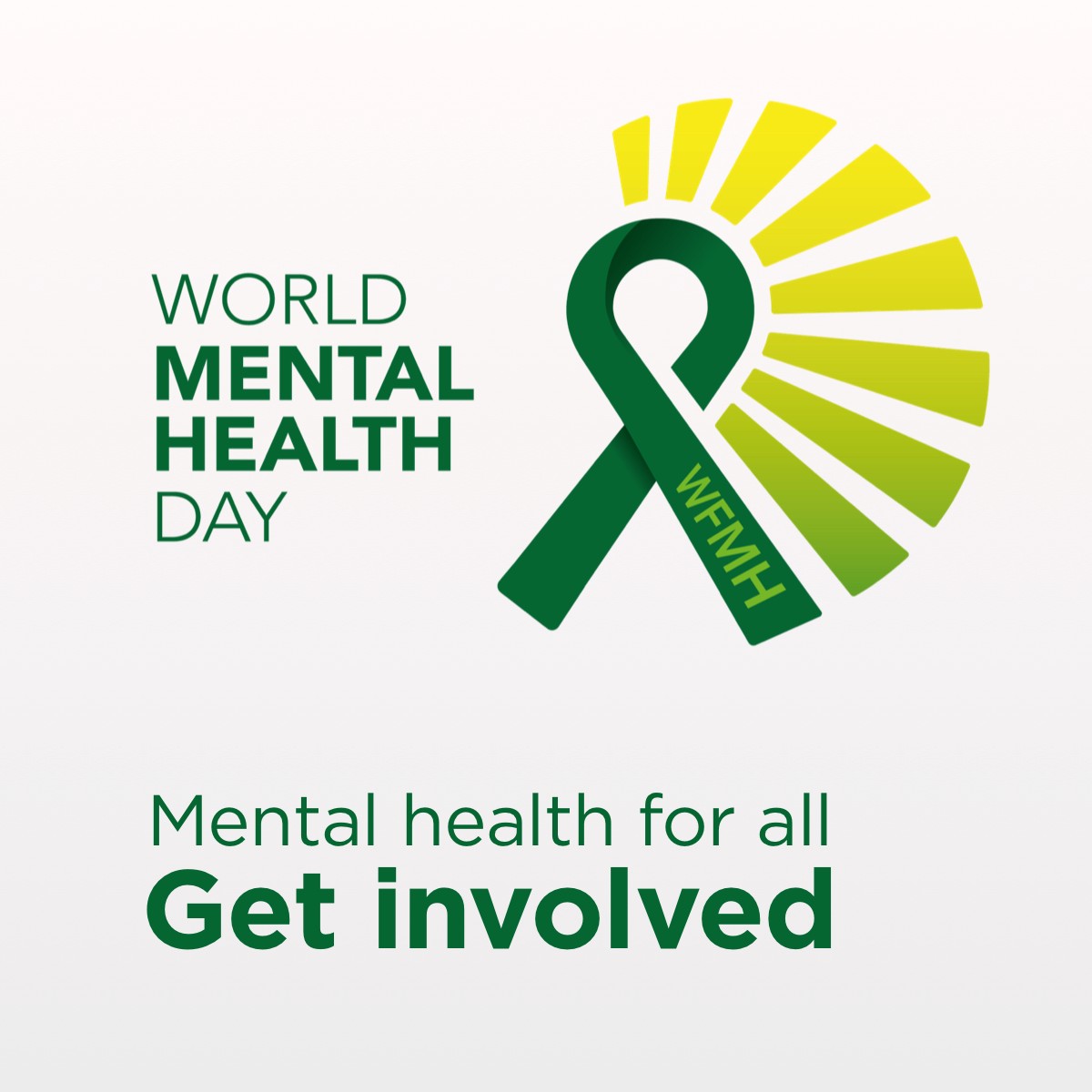When I began writing this article, I noticed a subtle difference in my attitude towards it. Having always been quite upbeat when it was time to sit down and write, this time, I sat with it for four consecutive days, not proceeding further than three lines. Initially attributing this to writer’s block, I soon ruled that out as a potential reason for my inefficiency considering I hadn’t written much in the recent past to run out of ideas.
Upon further introspection, something crossed my mind. Something called ‘Burn Out’. A term my friends and I had thrown around casually. Only when I read up further, did I realize its significance went way beyond what societal views had diminished it to be. Defining burnout,
A state of emotional, physical, and mental exhaustion caused by excessive and prolonged stress. It occurs when you feel overwhelmed, emotionally drained, and unable to meet constant demands
Though it would be hypochondriac of me to state that I am burnt out (which as aforementioned is the consequence of prolonged periods of stress), I definitely could relate to some of its causes and early symptoms. I also think most individuals, students and teachers alike would have at some point had similar experiences which they brushed off in an attempt to appear invulnerable in the eyes of others.

While this is, unfortunately, the harsh reality, a way of countering this notion of it being “Fake” or “an attempt to seek attention”, is by providing scientific proof. Reports by numerous neuroscientists and psychiatrists have shown that there are observable changes in areas of the brain, especially the emotional centres (limbic systems) as observed through MRI’s of burned-out individuals which provide tangible proof for its clinical diagnosis.

While burnout is something for which we should immediately seek help, it is better to act early upon the factors causing it and its initial symptoms before they escalate further. While society has romanticized this idea that strength and resilience are, in some way linked to emotional detachment, it is, in fact, a completely false notion. Talking to others not only serves as a source to vent our emotions, but it also provides us with an opportunity to seek help in situations where we may not be capable of finding solutions ourselves. While this may seem like a daunting task, individuals like therapists and counsellors, who generally do not hold preconceived notions and rightfully so, can help us address these situations.

With today, the 10th of October being the World Mental Health Day, all of us can take a small step forward in destigmatizing mental health and encouraging others to seek help if needed. We must also be more empathetic and not disregard anyone’s struggles, no matter how insignificant they may seem to us because in doing so we can foster a sense of guilt in the struggling person’s mind, further adding to their problems. Thus, seeking help and helping those in need is the least we can do to make society a better place.

